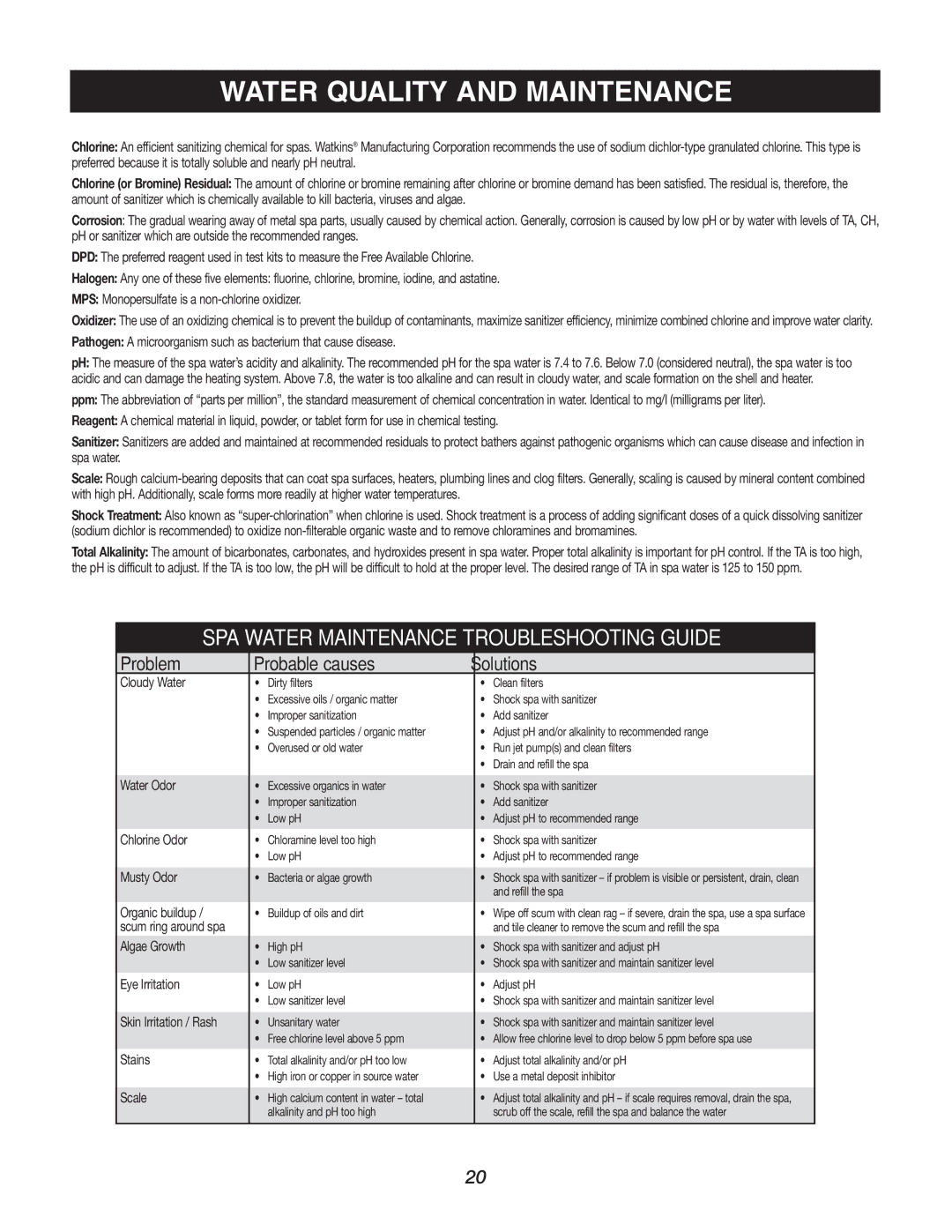Highland Series specifications
The Caldera Highland Series is an exceptional line of outdoor gear designed specifically for adventurers who seek the perfect blend of performance, comfort, and durability. Crafted with a deep understanding of the challenges faced in various environments, this series stands out for its innovative technologies and user-centric features.One of the hallmark characteristics of the Caldera Highland Series is its use of advanced waterproof yet breathable materials. The outer fabric is engineered with a cutting-edge membrane that effectively repels water, keeping the user dry in unexpected downpours. Furthermore, this membrane allows moisture from within to escape, ensuring that wearers remain comfortable during intense physical activity. This feature is invaluable for those trekking through diverse climates, providing both protection and breathability.
In addition to weather resistance, the Highland Series includes an innovative insulation technology. Utilizing lightweight yet efficient insulation means that users can stay warm without the bulk associated with traditional outerwear. This is particularly important for those who prioritize both warmth and mobility during outdoor excursions. Designed for layering, the Highland Series garments fit seamlessly with other layers, enhancing versatility for various conditions.
Another notable aspect of the Caldera Highland Series is its attention to detail in design. The garments boast articulated joints and ergonomic cuts, allowing for an unrestricted range of motion. This design philosophy is particularly beneficial for climbers, hikers, and skiers who need gear that moves with them rather than against them.
Additionally, the series embraces sustainability, incorporating recycled and eco-friendly materials into its production processes. By prioritizing responsible manufacturing practices, Caldera not only focuses on performance but also on environmental stewardship, appealing to the growing number of eco-conscious consumers.
Finally, the Highland Series is equipped with strategic pocket placements and functional features such as adjustable hoods and cuffs, ensuring practicality without sacrificing style. With a focus on performance-driven functionality, durable craftsmanship, and a commitment to sustainability, the Caldera Highland Series offers outdoor enthusiasts a premier choice for their adventures, no matter where the journey leads. Whether hiking rugged trails or navigating snowy slopes, this series equips you with the reliability and comfort needed to conquer the great outdoors.

